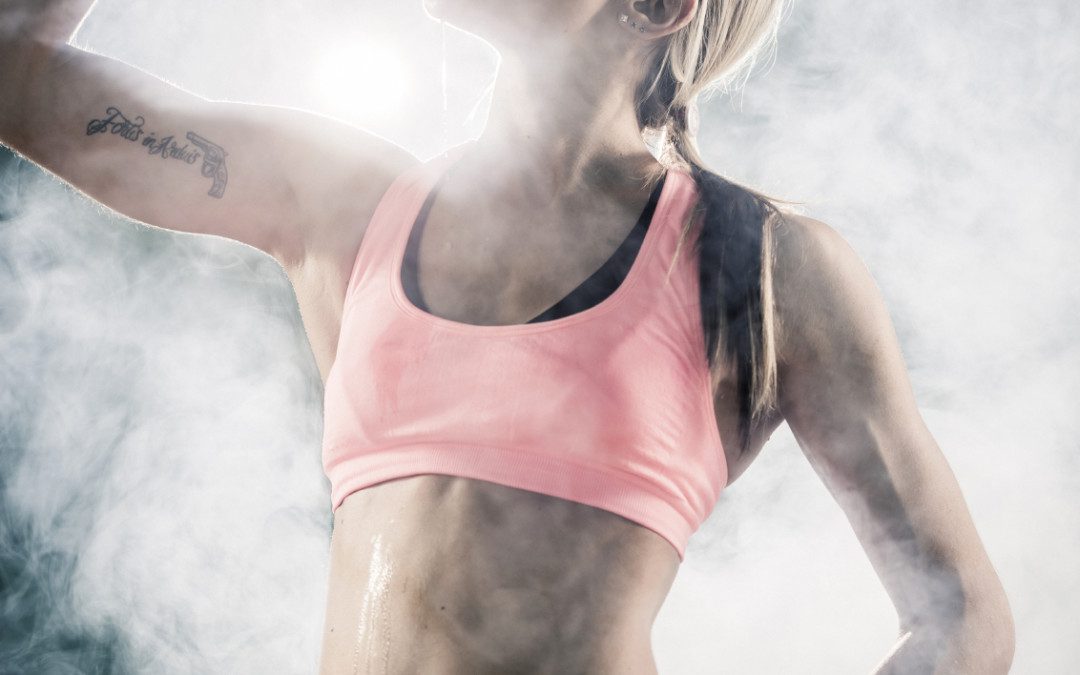Reposted from last summer just in time for our Dallas heat wave:
It took a little bit of time before I connected the dots. Sharp stabbing headache, nausea, whole body muscle fatigue, insatiable thirst, the desire to lay down after having just woken up. I was suffering from heat exhaustion. Moving from the mild climate of Central Oregon’s spring to the hot and humid inferno of Texas had taken its toll on me. I thought all those Bikram yoga classes would prepare me nicely for the transition, but apparently that was wishful thinking. I realized that not only did I need to be more aware of how much time I was spending in the heat, I also needed to start following the Chinese medicine dietary principles of “eating according the seasons”.
Insights into Chinese Medical Diagnosis
Chinese medicine views the human body as a microcosm of the planet. Imbalances in the body can be explained in the same terms we use to describe the weather, or the environment. A person can have too much heat, as in the case of heat stroke or a fever. Alternately a person can lack heat, for example, someone with hypothyroidism, where the metabolism has slowed down and body temperatures are lower than normal. Going beyond hot and cold, people can also have excess dryness, dampness, or even wind (tremors can be diagnosed as “internal wind” for example). Differentiation in Chinese medicine is very important for proper diagnosis. Someone can have too much heat in the body, but that heat can also be further classified as “damp heat”, “dry heat”, “excess heat”, “deficiency heat” and even “summer heat” or “summer heat damp”. These distinctions are important, because they dictate which specific acupuncture points are chosen, what herbs are most appropriate, and what type of foods are recommended.
In the case of heat exhaustion, the symptoms vary from person to person, and episode to episode. The most predominant symptoms give us clues as to the exact diagnosis and thus, treatment approach. If the main symptoms are fever, thirst, and irritability, heat is the predominant pattern and foods that drain heat from the body will be used. When nausea, vomiting, and diarrhea are the main symptoms, dampness becomes part of the diagnosis.
If someone sweats excessively, or has lost a lot of fluid, lets say, by running a marathon in 99-degree weather, than herbs and foods that help “generate fluid” or “nourish fluid” can be useful. If the excessive sweating is a chronic issue, there are Chinese herbs that help regulate the opening and closing of pores, and subsequent loss of fluid through sweat.
 Food Therapy for Hot Summer Weather
Food Therapy for Hot Summer Weather
Adding these foods to your daily meals and beverages during the summer will help keep the body cool, and aid in recovery from too much sun, workouts in the heat, and dehydration.
- Cucumber: clears heat from the body
- Spinach: cools the body, hydrates
- Mung Beans: clear heat and drain damp
- Watermelon: clears heat, relieves thirst, diuretic
- Bananas: cool the body
- Kiwi: clears heat, cools the body, hydrates the body, helps stomach discomfort
- Lemon: clears summer heat, relieves thirst, hydrates, aids digestion
- Pineapple: clears summer heat, relieves thirst, hydrates
- Green Tea: helps clear heat and drain dampness
- Luo Han Guo: also called arhat fruit, is used as a natural sweetner now in some beverages and protein bars. Traditionally it is made into a tea, and consumed during the summertime to cool the body down, and relieve thirst.
Foods to avoid during hot weather:
Eating foods that clear heat and keep the body cool are important, however, minimizing foods that generate heat and dampness is equally important. In general, foods considered harder to digest should be avoided, especially fried foods and rich or fatty foods. Sugary foods and alcohol contribute to dampness in the body, and should be avoided if someone has nausea, diarrhea, or is recovering from heat exhaustion. Spices such as cinnamon, chili, curry, fennel, garlic, paprika, and pepper heat up the body and should also be minimized in hot weather. Coffee is also considered hot in nature, and drying, therefore, in the case of heat exhaustion and dehydration, coffee should be avoided. For those who drink coffee during the summer, a good rule of thumb would be to add in an extra glass of water for every cup of coffee consumed.
Other Considerations
Fluid in the body exists both in the cells (intracellular fluid) and outside the cells (extracellular fluid). In order for water to move into the cells, it requires a mineral transporter. When people sweat heavily, they lose minerals, which can throw off the balance of intracellular fluid to extracelluar fluid. This is why runners often take salt tablets during a long race. Salt helps pull water into the cells, otherwise, it just sloshes around in the stomach. Coconut water is touted post-exericse for the same reason. It provides high levels of potassium, which acts as a mineral transported for water to get in the cells. If you sweat heavily, don’t be afraid to salt your food using a natural salt that is high in minerals, such as Hawaiian pink salt, Himalayan salt, Mediterranean salt, or Celtic sea salt. The Chinese herbal formula Huo Xiang Zheng Qi San (Agastaches Formula) is also great for recovering from heat exhaustion.



